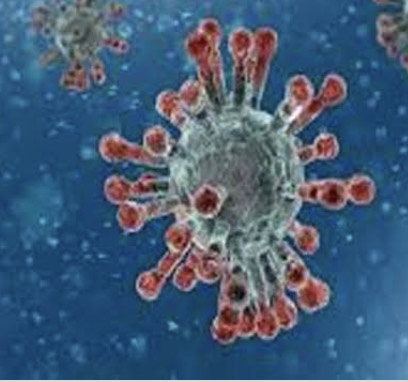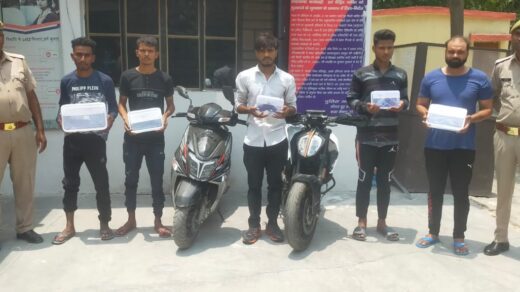Padma Shri Dr K K Aggarwal
President CMAAO, HCFI,
With input from Dr Monica Vasudev
Consensus Statement of HCFI Expert Round Table
- There are three reasons for surge in cases: Mutation (type of mutation deletion or substitution; is the mutation in the RBM or not; has the virus reduced its doubling time or increased its infectivity period), covid inappropriate behavior and a superspreading event precipitated by a superspreader.
- In Mumbai, people had started travelling in local trains; whole families were getting infected.
- Combination of factors will create a wave.
- There are two types of mutations: deletion and substitution. The 69-70 deletion, originating in Cluster 5 mutation of Denmark and has been adopted by the UK strain is a permanent deletion. The UK strain has three deletions. The 501 mutation in the RBD gives a behavioral change to the virus. The 681 mutation is at the fusion protein.
- MERS became Covid-19 by deletion of 98 amino acids.
- The South Africa and Brazil strains have not spread to other parts of the world as no deletion. The numbers have started to decline.
- In UK, one patient has acquired one mutation (E484K) of the South Africa strain
- Two types of mutations (484, 440) have been detected in Mumbai
- Maharashtra and Kerala strains are substitution types of mutations and may not cause spurt in neighbouring states.
- If there are no major deletions and only some minor modifications, then the mutation is localised to that region.
- The two new strains in Maharashtra (484, 440) may not be a variant of national concern as they are isolated mutations, no deletions and no major substitutions.
- A Harvard study has shown that the clearance time of the UK strain is 12 days and not 8 days; the mean duration of acute infection is 20 days and not 12 days. This means that the viral load is reduced, but it is persisting for longer period of time and has more infectivity. Therefore, it will spread in the community, but will be less lethal as low viral load.
- The virus would prefer to become chronic. The UK strain has lasted for 14 days, but, reactivation of the disease has been reported in an immunocompromised patient 4 months after initial infection, documented by genomic sequencing. If the virus persists, there can be delayed onset myocarditis.
- Variations initially do not come under control, but in due course of time, the attack rate comes down. If the virus is prolonged, it has enough capability to fight the immune response and change its properties.
- In Maharashtra, the number of hospitalizations has significantly increased in the last one week. There is a new wave in Maharashtra.
- In Kerala, cases are still on a plateau even though there are several control measures and health activities.
- The two mutations in Kerala C1240Y and P84T can cause spurt in cases for some time, but will not become mutation of importance.
- Substitutions can be autocorrected by proof reading mechanism. Deletions will not be autocorrected.
- It is not know yet how long the infectivity of a new mutation lasts. Presently, the virus is presumed to stop replicating by 8-9 days.
- There is a need to aggressively focus on vaccination in the states of Kerala and Maharashtra to stop disease progression.
- Our vaccination rate is very low compared to other countries like Israel.
- Government should go for a walk-in vaccine policy with Aadhar or some other ID instead of prior registration.














